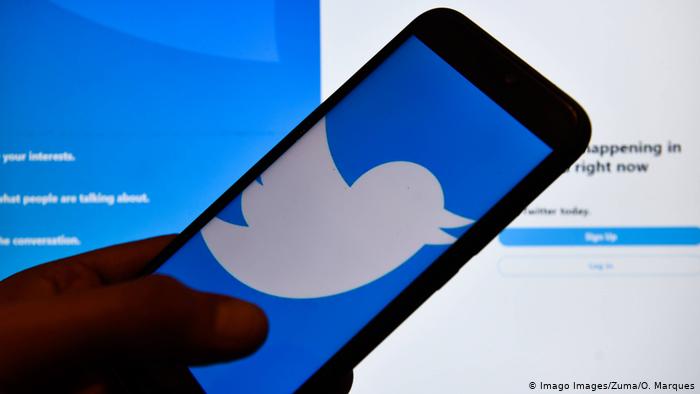
Twitter is to ban all political advertising worldwide, saying that the reach of such messages “should be earned, not bought”.
“While internet advertising is incredibly powerful and very effective for commercial advertisers, that power brings significant risks to politics,” company CEO Jack Dorsey tweeted.
Social media rival Facebook recently ruled out a ban on political ads.
News of the ban divided America’s political camps for the 2020 election.
Brad Parscale, manager of President Donald Trump’s re-election campaign, said the ban was “yet another attempt by the left to silence Trump and conservatives”.
“In a democracy, I don’t think it’s right for private companies to censor politicians or the news,” he said during a conference call with journalists.
Twitter’s ban will be enforced from 22 November, with full details released by 15 November.
How does Dorsey justify the ban?
Mr Dorsey explained his position in a thread of tweets.
Internet political ads, he said, presented “entirely new challenges to civic discourse”.
These challenges included “machine learning-based optimisation of messaging”, “micro-targeting, unchecked misleading information, and deep fakes”.
“It’s not credible,” he wrote, “for us to say: ‘We’re working hard to stop people from gaming our systems to spread misleading info, buuut if someone pays us to target and force people to see their political ad…well…they can say whatever they want!'”
Countering the argument that the new policy might be seen as favouring leaders already in office, he pointed out that “many social movements reach massive scale without any political advertising”.
How is news of the ban playing out?
Hillary Clinton, the former Democratic candidate who lost to Mr Trump in the 2016 presidential election, welcomed Twitter’s ban and appeared to challenge Facebook to rethink its stance.
“It is unacceptable for any social media company to knowingly allow deliberately misleading material to corrupt its platform,” TJ Ducklo said.
Fellow Democratic candidate Senator Elizabeth Warren then paid to run an intentionally misleading advert on Facebook that claimed Mr Zuckerberg had personally endorsed Donald Trump for re-election.
She said she had done so in protest against the firm’s decision to allow politicians to run ads containing” known lies”.
